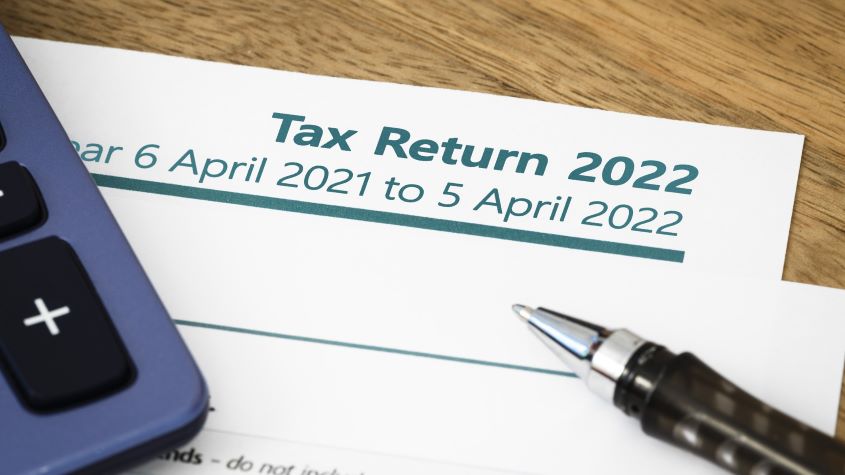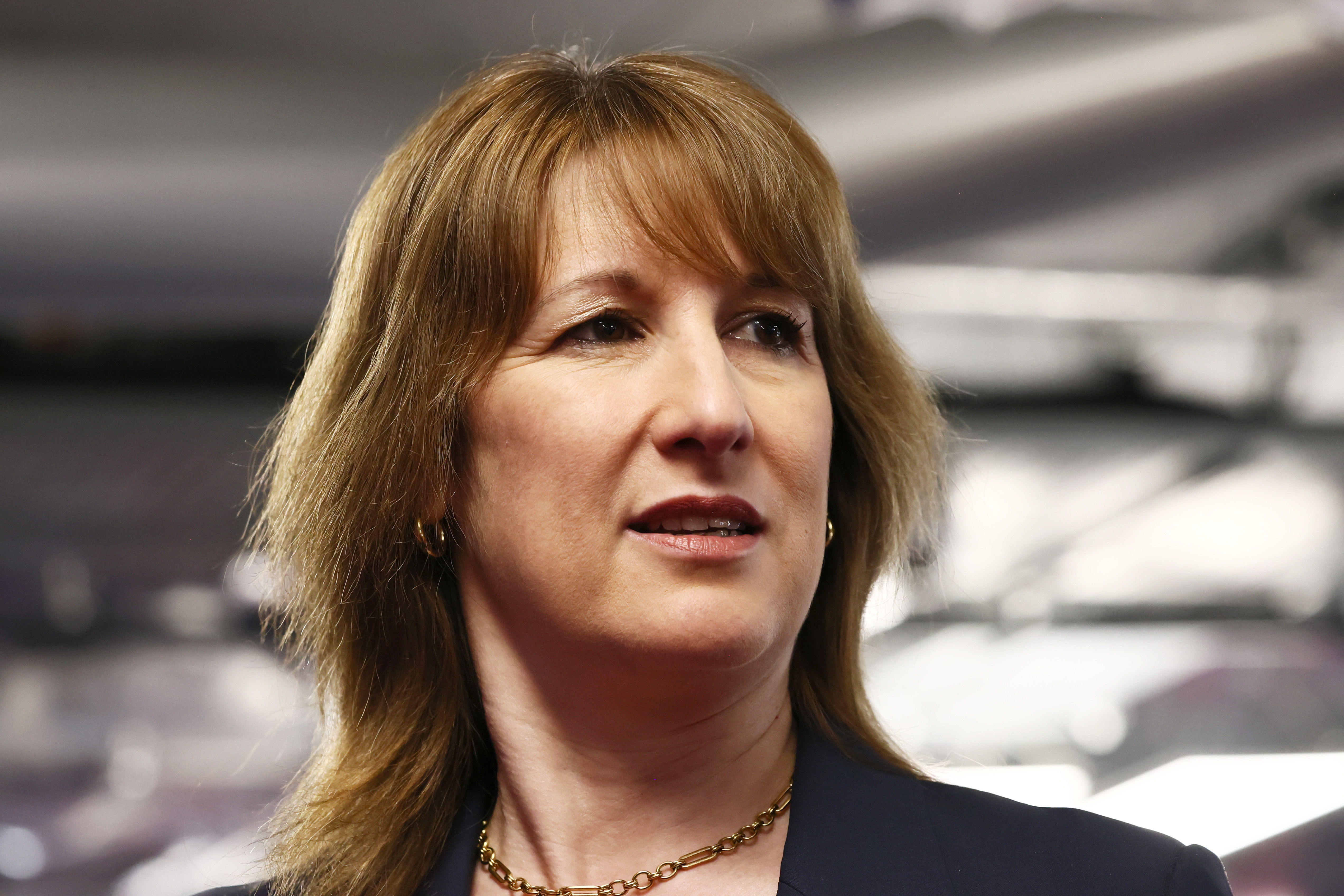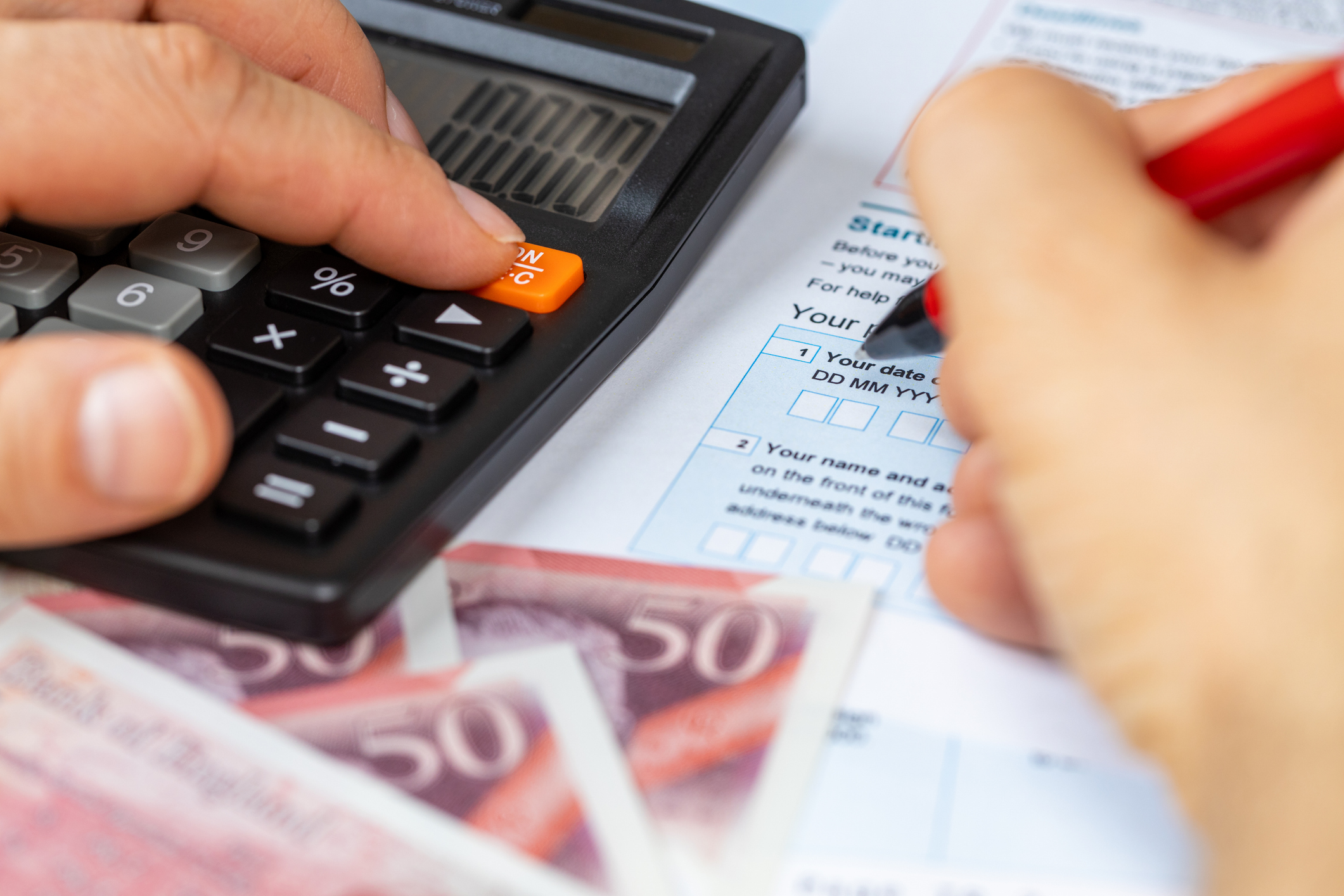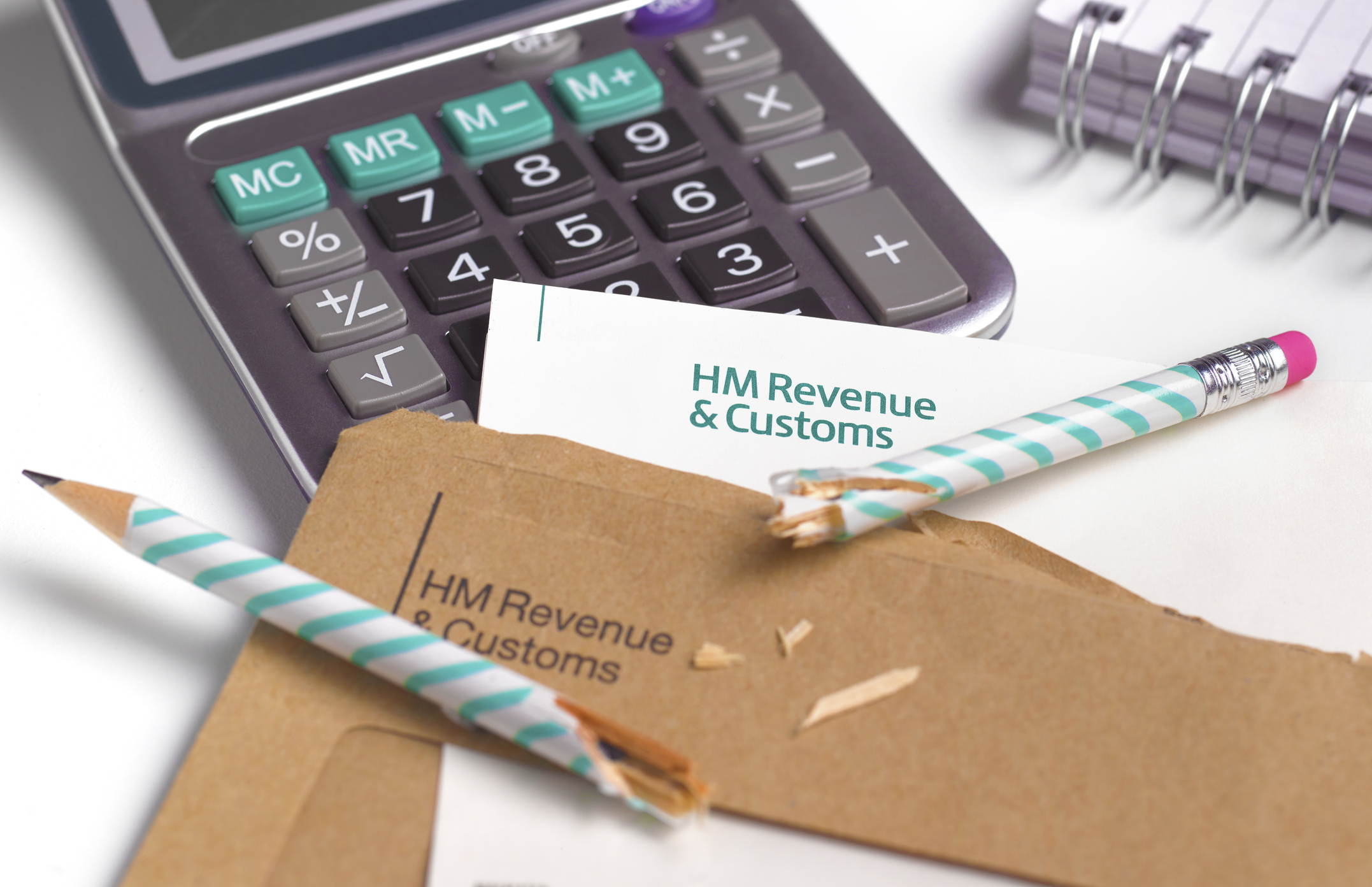Pension contributions: what you need to declare on your tax return
Make sure you don't forget to declare your pension contributions in your tax return


Get the latest financial news, insights and expert analysis from our award-winning MoneyWeek team, to help you understand what really matters when it comes to your finances.
You are now subscribed
Your newsletter sign-up was successful
Want to add more newsletters?
If you’re completing your 2021/22 self-assessment tax return over the next few days, don’t forget to declare your pension contributions to help reduce your overall tax bill. The deadline to complete the self-assessment tax return by the end of January is fast-approaching, yet according to HMRC, 5.7 million people are yet to file theirs.
Taxpayers routinely omit vital pensions data from their tax returns, forfeiting valuable tax relief or underpaying tax.
Higher-rate taxpayers are most at risk of missing out. If you make regular contributions to a private pension, such as a stakeholder or personal plan, your provider will automatically claim basic-rate income-tax relief on your behalf, reducing the cost of contributing by 20%. But higher-rate and additional-rate taxpayers are entitled to a further 20% and 25% respectively; this relief can only be claimed by declaring your contributions on your annual tax return, so if you don’t provide this information – or you don’t make a return – you won’t get it. Around 250,000 taxpayers make this mistake.
Try 6 free issues of MoneyWeek today
Get unparalleled financial insight, analysis and expert opinion you can profit from.

Sign up to Money Morning
Don't miss the latest investment and personal finances news, market analysis, plus money-saving tips with our free twice-daily newsletter
Don't miss the latest investment and personal finances news, market analysis, plus money-saving tips with our free twice-daily newsletter
The other side of the coin is that anyone exceeding their annual pension contribution allowance must declare this on their tax return. For most people, the annual allowance is £40,000, though it maybe higher or lower depending on your circumstances. for example, if you are a high earner with an income of £240,000, you annul allowance could be just £4,000 per tax year.
If you’ve gone over your allowance – which by the way is your responsibility to check – you must tell HMRC. You’ll then pay a tax charge. Failing to declare this information means you’ll be paying too little tax, so interest and penalty charges could become payable when the error comes to light.
Already completed your tax return? Don't worry, you still have until 31 January 2023 and can still go in and make changes.
You can add pension details to your tax return under the ‘tax reliefs’ section.
Get the latest financial news, insights and expert analysis from our award-winning MoneyWeek team, to help you understand what really matters when it comes to your finances.

David Prosser is a regular MoneyWeek columnist, writing on small business and entrepreneurship, as well as pensions and other forms of tax-efficient savings and investments. David has been a financial journalist for almost 30 years, specialising initially in personal finance, and then in broader business coverage. He has worked for national newspaper groups including The Financial Times, The Guardian and Observer, Express Newspapers and, most recently, The Independent, where he served for more than three years as business editor.
-
 Pensioners ‘running down larger pots’ to avoid inheritance tax as rule change looms
Pensioners ‘running down larger pots’ to avoid inheritance tax as rule change loomsChanges to inheritance tax (IHT) rules for unused pension pots from April 2027 could trigger an ‘exodus of large defined contribution pension pots’, as retirees spend their savings rather than leave their loved ones with an IHT bill.
-
 Why do experts think emerging markets will outperform?
Why do experts think emerging markets will outperform?Emerging markets were one of the top-performing themes of 2025, but they could have further to run as global investors diversify
-
 Rachel Reeves 'should hand back the cash' from bumper tax haul
Rachel Reeves 'should hand back the cash' from bumper tax haulOpinion Chancellor Rachel Reeves is cheering higher-than-expected tax receipts. But where has the money come from?
-
 Two million taxpayers to be hit by £100k tax trap by 2026/27
Two million taxpayers to be hit by £100k tax trap by 2026/27Frozen thresholds mean more people than ever are set to pay an effective income tax rate of 60% as their earnings increase beyond £100,000. We look at why, as well as how you can avoid being caught in the trap.
-
 13 tax changes in 2026 – which taxes are going up?
13 tax changes in 2026 – which taxes are going up?As 2026 gets underway, we look at what lies ahead in terms of changes to tax rates and allowances this year and how it will affect you.
-
 How to limit how much of your Christmas bonus goes to the taxman
How to limit how much of your Christmas bonus goes to the taxmanIt's Christmas bonus season but the boosted pay packet may mean much of your hard-earned reward ends up with HMRC instead of in your pocket
-
 Over 1 million pay 45% rate of income tax as fiscal drag bites
Over 1 million pay 45% rate of income tax as fiscal drag bitesHundreds of thousands more people are being pushed into the additional rate tax band by fiscal drag
-
 'I've used my annual ISA allowance. How can I shield my savings from tax?'
'I've used my annual ISA allowance. How can I shield my savings from tax?'As millions face paying tax on savings interest, we explore how to protect your money from the taxman. If you've used up your ISA allowance, we look at the other tax-efficient options.
-
 Simple assessment explained as millions brace for unexpected tax bills
Simple assessment explained as millions brace for unexpected tax billsIncreasing numbers of people could get letters from HMRC saying they owe more tax due to frozen thresholds, under a system known as simple assessment. Here is what it means for you.
-
 What are wealth taxes and would they work in Britain?
What are wealth taxes and would they work in Britain?The Treasury is short of cash and mulling over how it can get its hands on more money to plug the gap. Could wealth taxes do the trick?